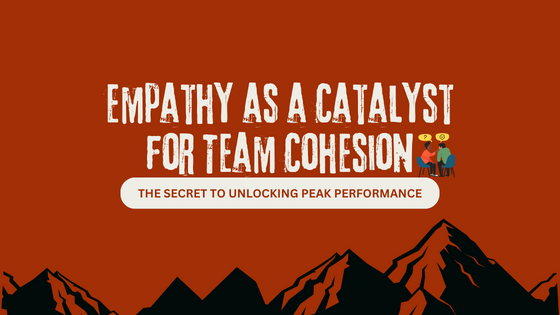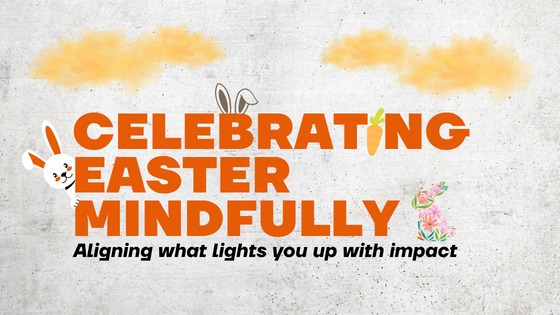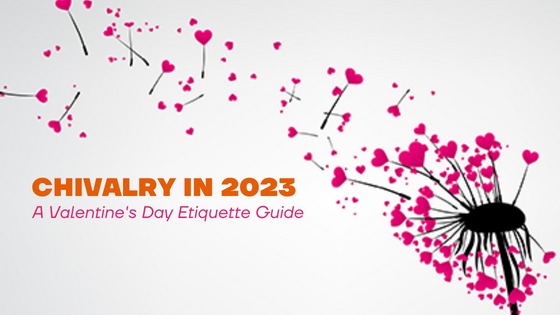Technology is neutral. It takes on whatever intention – good or bad, positive or negative – we engage it for. Technology has improved lives, provided boundless communication possibilities and brought people together when physical distance would have kept us apart.
However, there is a downside, and that is its challenge to empathy.
Without empathy, we can never know how we might help someone or understand beyond our narrow bubbles of perception what another person is like or what they might be going through.
Unfortunately, cyber-bullying and harassment are on the rise.
We saw how Chadwick Boseman was bullied on twitter about his looks without anyone knowing what he was going through. There is so much savagery on technological streets and a generally uncultured approach when responding to issues.
In 2020, Microsoft reported that digital civility is at its lowest level in four years. “Microsoft’s Digital Civility Index stands at 70%, the highest reading of perceived online incivility since the survey began in 2016, and the first time the DCI has reached the 70th percentile. Moreover, the equally troubling trends of emotional and psychological pain—and negative consequences that follow online-risk exposure—both also increased significantly.”
Being human requires some sensitivity to the impact you have on another human and if we can’t imagine being in someone else’s shoes, then we have no empathy. Without empathy, we are more likely to create a situation where a person might be hurt. At the end of each day, we must ask ourselves what kind of a person we’ve been online today.
Always choose to be “etiquette-ful”. This quality can never be legislated.






